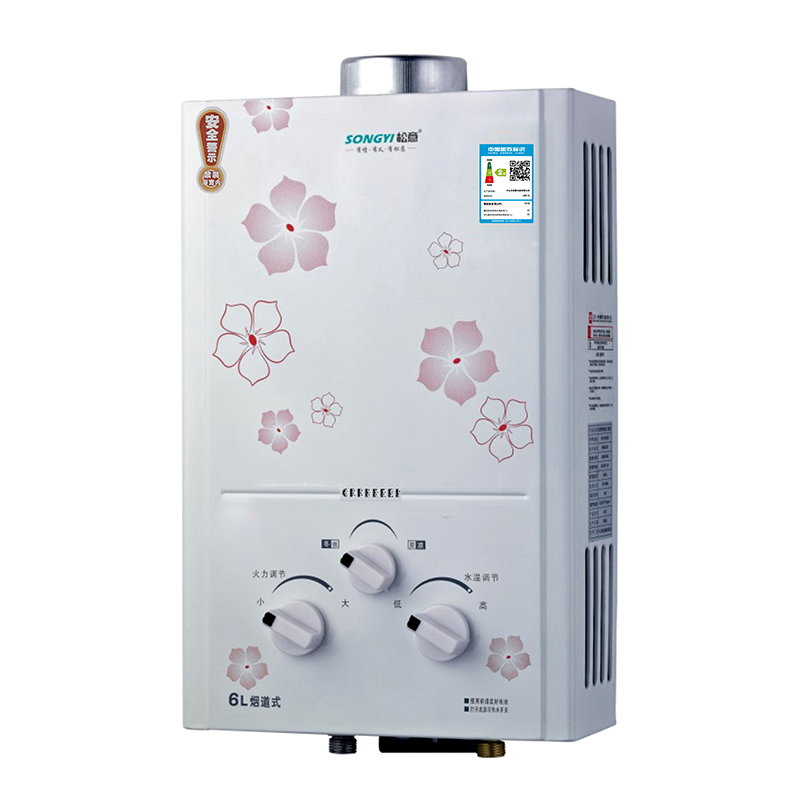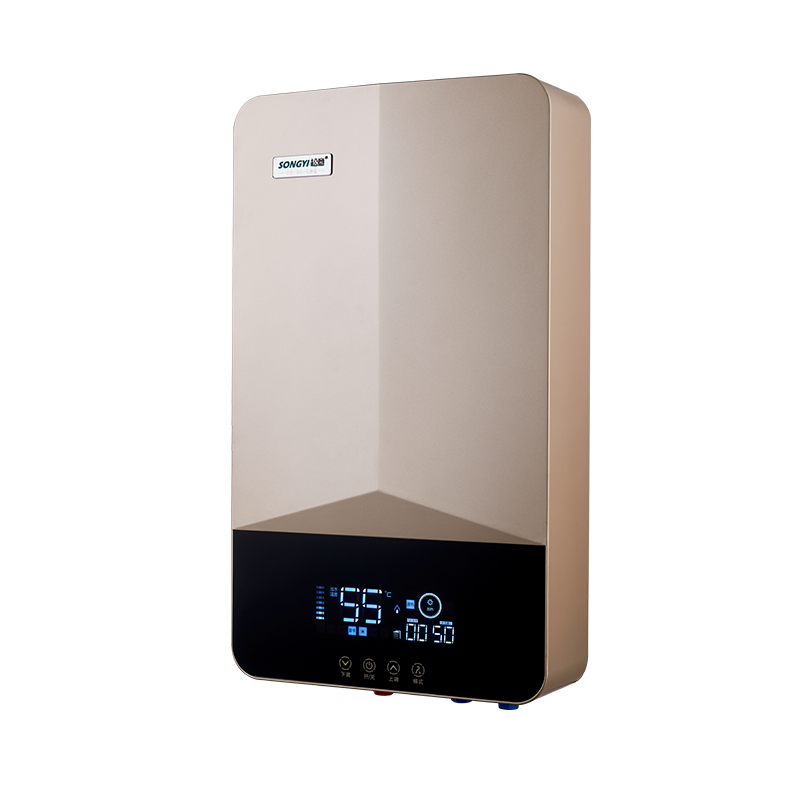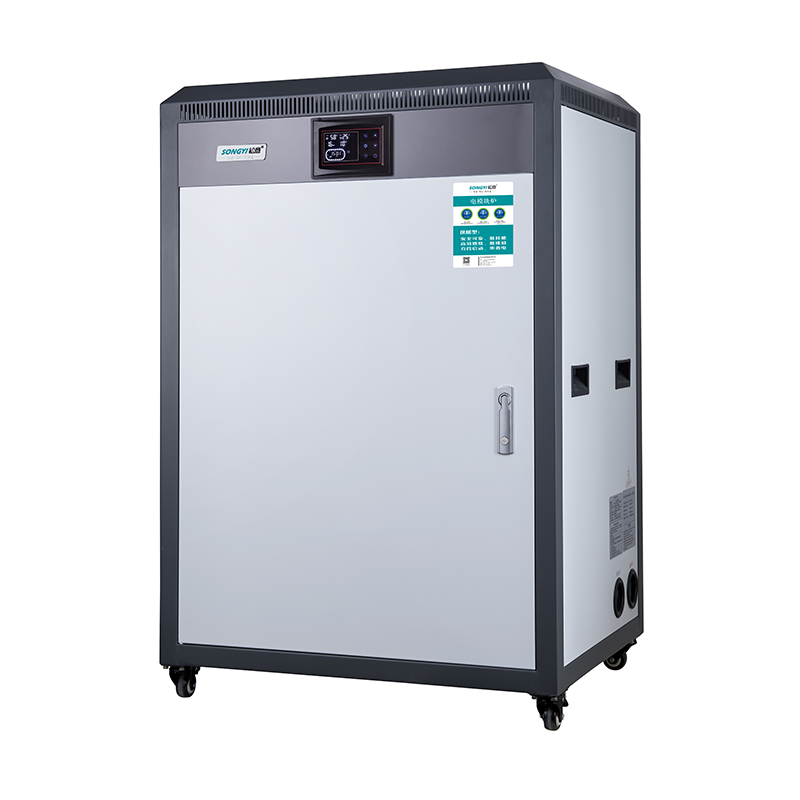Gas water heater have been a staple in homes and businesses for decades, providing a reliable and efficient way to heat water for showers, laundry, and other daily tasks. These heating systems use natural gas or propane as a fuel source, allowing them to operate with minimal electricity requirements and produce hot water on demand.

The Advantages of Gas Water Heater
Efficiency:They are known for their high efficiency, as they can convert up to 90% of the fuel’s energy into heat. This means that they use less fuel to produce the same amount of hot water as electric water heaters, resulting in lower energy bills and reduced environmental impact.
Rapid Recovery: Gas water heaters heat water more quickly than electric models, thanks to their high-powered burners. This means that they can recover from heavy usage faster, ensuring that you always have a steady supply of hot water when you need it.
Longevity: Gas water heaters are built to last, with many models designed to operate for 10 years or more with proper maintenance. This makes them a cost-effective investment for homeowners and business owners alike.
Cost-Effective: While the initial cost of a gas water heater may be higher than an electric model, the long-term savings in energy costs can make them a more cost-effective choice. Additionally, gas water heaters are typically easier to install and maintain than electric models, further reducing overall costs.
How Gas Water Heaters Work
Gas water heaters use a burner to ignite natural gas or propane, which produces heat. This heat is then transferred to a tank of water, heating it to the desired temperature. The heated water is then stored in the tank until it’s needed, at which point it’s distributed through the plumbing system to showers, faucets, and other fixtures.
Many modern gas water heaters feature advanced control systems that allow users to adjust the temperature and monitor the heater’s performance. These systems can also alert users to potential issues, such as low fuel levels or malfunctions, ensuring that the heater operates safely and efficiently.
Choosing the Right Gas Water Heater
When selecting a gas water heater, it’s important to consider factors such as the size of your home or business, the amount of hot water you use, and the available fuel source. It’s also important to choose a reputable manufacturer with a proven track record of producing high-quality, reliable products.
Some key factors to consider when choosing a gas water heater include:
- Capacity: Choose a heater with a capacity that matches your hot water needs. If you have a large family or use a lot of hot water, you may need a larger heater.
- First-Hour Rating (FHR): This measures how much hot water the heater can produce in the first hour of use. A higher FHR means that the heater can recover faster from heavy usage.
- Energy Efficiency: Look for a heater with a high Energy Factor (EF) rating, which indicates how much of the fuel’s energy is converted into heat.
- Warranty: Choose a heater with a comprehensive warranty that covers both parts and labor.
- Venting Requirements: Gas water heaters require venting to expel harmful gases produced during combustion. Make sure that your home or business has the necessary venting infrastructure in place.
Conclusion
Gas water heaters offer a range of advantages that make them an attractive choice for homeowners and business owners alike. Their high efficiency, rapid recovery, and longevity make them a cost-effective and reliable way to heat water for daily tasks. By choosing a reputable manufacturer and selecting a heater that meets your specific needs, you can enjoy the benefits of a gas water heater for years to come.





